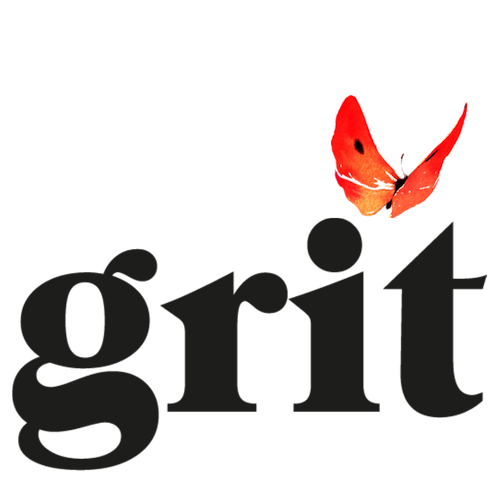Yolanda’s story
Yolanda is a Research Fellow in the Faculty of Biology, Medicine and Health at the University of Manchester. She took part in a Grit programme to train staff to coach Black students from across the faculty. It was part of a wider faculty programme tackling the awarding gap.
It was really transformative. It’s not always that I take something away from training courses but Grit was incredible. The trainers created a space where every single person in the room felt they had a voice, where all of our experiences were valued, and where we all took care of each other. By the end there was such cohesion in the group.
All this was in the context of systemic racism and microaggressions. Conversations around racism can often be awkward, especially when there’s a majority of white people in a session, but this was a lot less jarring, less uncomfortable than usual. And this has to be down to the trainers. They were great. It was a such pleasure to be part of the programme.
One of the big takeaways for me was around communication: not making assumptions, not pre-judging how a conversation will go, pre-judging what I will hear. I thought I was a good listener but I’ve realised that, a lot of the time, instead of listening I’m thinking about something else, about what I’m to say next or what the student is going to say next. Since Grit I’ve been able to sit back and listen properly, to support students to direct their own path, to walk alongside the students.
I had two coachees and both have been very successful in their studies this year. They have both told me that having the support has helped them. I’ve supported them to find their voice within their degrees, to ask questions at lectures, email tutors, connect with the people who can best help them. It’s given them the confidence to come up with goals, explore ideas of how to implement them and get results.
It’s made me actively aware of the impact of giving students the space to make their own progress, to empower students to lead their own research projects. Instead of me giving them quick solutions they are finding their own solutions.
I can really see how I can use listening, giving students the space to reflect, will work with Masters and PhD students I supervise in the future. These are tools for supporting post-grads I didn’t have before. And the ‘coaching buddy’ sessions I had with another of the participants have been very useful. It’s given me the time and space to think about my own goals, about where I’m going. I’ve just won a fellowship to go and work in Berlin. So Grit has been good for my career too.
Grit encourages you to be a little bit more vulnerable and brave in thinking about the sensitive, structural issues we need to focus on. It gets you to interrogate the spaces you hold in any situation – in work and in everyday life. It gets you to think about the way you hold a space when you’ve got the privilege to be on the front foot without having to think about it; and how you hold a space when you find yourself on the back foot.
Grit is not performative. It is real.
